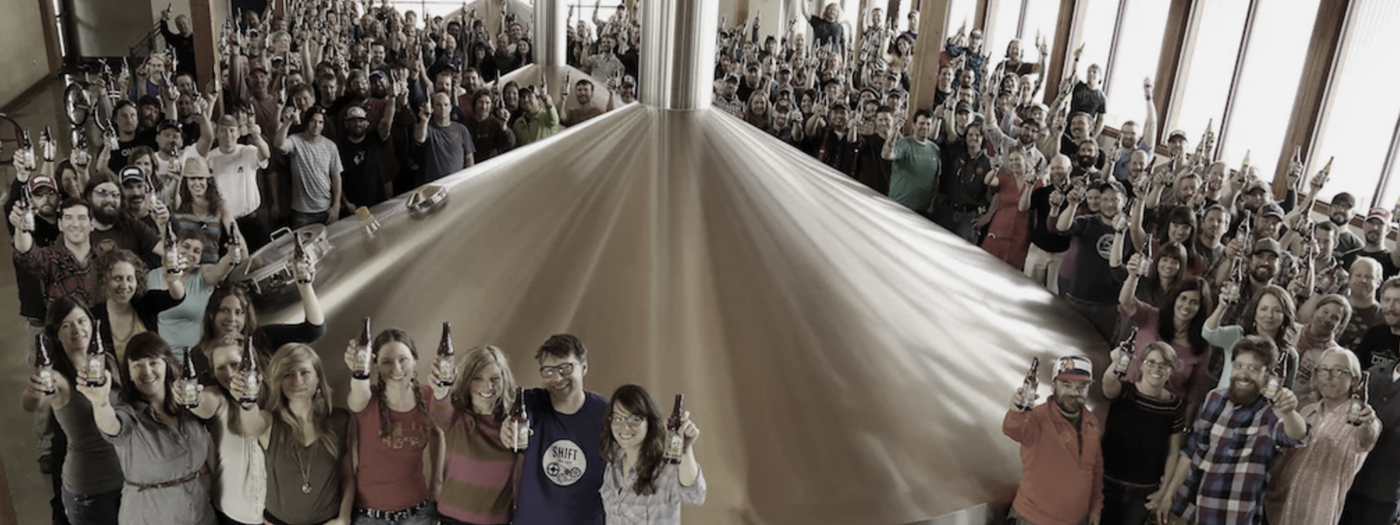The recent announcement that New Belgium Brewing will be acquired by a large international beer company has triggered mostly positive reactions. As a successful company, many New Belgium employees with ESOP accounts will receive “big bucks” when their ESOP stock is bought.
Kudos to New Belgium’s leadership for recommending the sale when the company’s stock value has appreciated significantly. But, to be clear, the termination of an ESOP by the company sponsor, usually a decade or so after the ESOP is established, is not uncommon.
I have visited nearly 600 ESOP companies since 1991. As of January 1, 2019, approximately 50 percent of these companies have terminated their ESOPS, thereby eliminating broad-based employee ownership.
Another statistic demonstrating that even very good ESOP companies will often terminate their ESOP after years of being owned for the benefit of employees is this fact: The highest honor The ESOP Association bestows on a member company is the designation “ESOP Company of the Year.” Of the seven selected for this honor between 1992 through 1999, five of these companies — i.e., 70 percent — had terminated as of January 1, 2019.
Why?
The most common reason cited is the requirement that the ESOP company repurchase stock as vested employees retire. If the company is highly successful, as in the case of New Belgium, the price of shares keeps going up. The growing “repurchase liability” puts such pressure on the company’s ability to thrive or even survive — by investing in growth, hiring more employees, and so on — that company leadership concludes it cannot remain competitive.
Though most ESOP companies are successful, like any business, ESOPs, too, can fail. Companies sometimes terminate their ESOPs in the face of declining profits or bankruptcy.
One thing is for sure, at conferences and seminars sponsored by trade organizations representing ESOP companies, sessions on how to manage growing repurchase liabilities are well attended. Experts at these sessions recommend companies do studies to forecast future repurchase obligations, change the timing of share purchases from certain departing employees, or borrow money to meet the obligation.
As employee ownership advocates, we need to address why so many ESOP companies walk away from broad-based ownership.
Though all of the reasons for terminating an ESOP are legitimate, here is the red flag: a common criticism of broad-based employee ownership, particularly the ESOP model, is that ESOPs are “temporary,” designed to reward exiting owners, and that tax incentives and public policy should not be promoting temporary employee ownership.
As employee ownership advocates, we need to address why so many ESOP companies walk away from broad-based ownership. We need to promote better planning as qualified ESOP service providers recommend, or bigger changes in law that might be needed if our goal is to reach 50 million employee-owners.
Let us be open-minded about facing the facts and consider how to have it more likely ESOP companies can last for years and years and years.
Michael Keeling served as president of The ESOP Association, from 1991 to 2019; prior to that, from 1984 to 1991, he served as the organization’s general counsel. The ESOP Association is the nation’s largest advocacy organization for ESOP companies.




















